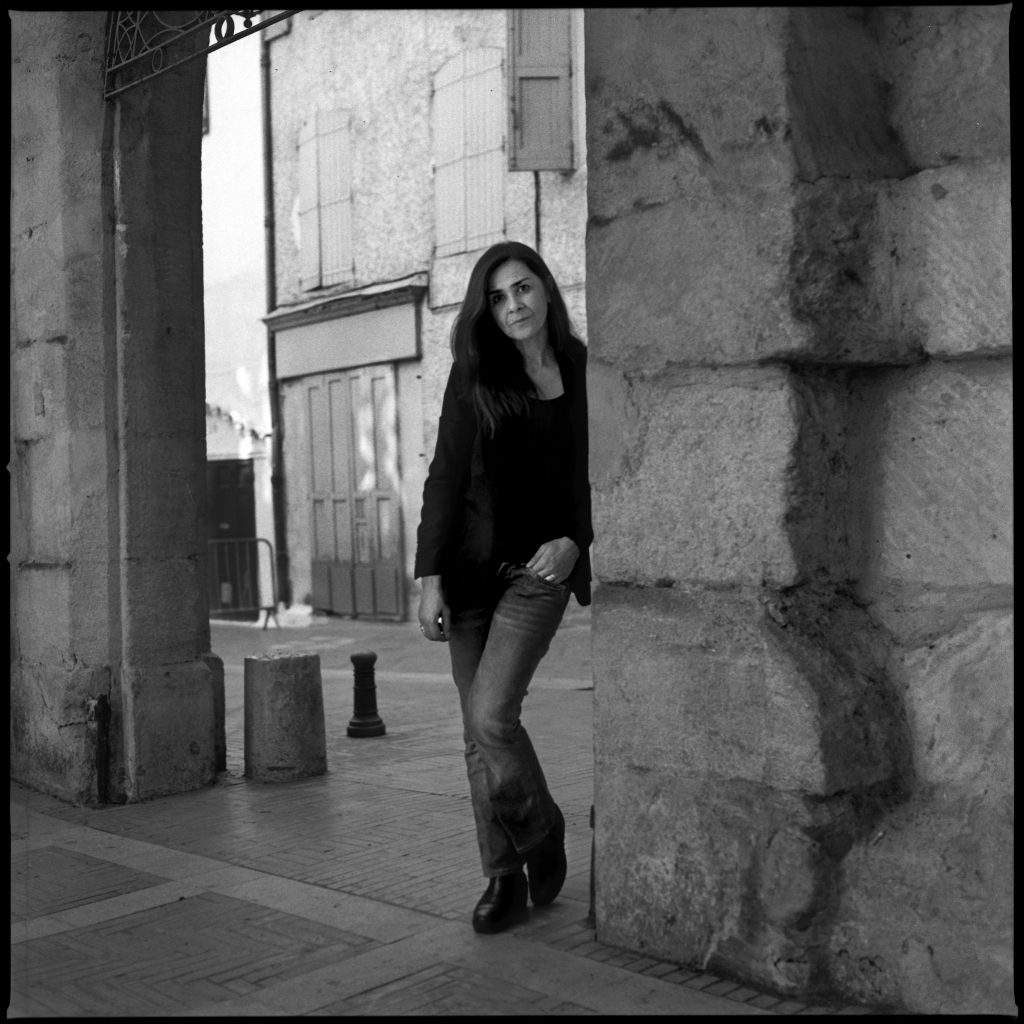Amidst the chaos of the Iranian Revolution in 1979, Négar Djavadi fled her homeland on horseback through the mountains of Kurdistan. Childhood memories of this harrowing escape form the bedrock of her debut novel, Disoriental, which recently won the 2019 Albertine Prize for the best French novel published in the United States.
Like her protagonist Kimiâ Sadr, Djavadi immigrated to France, where today she works as a screenwriter. In the novel, she traces her protagonist’s family history and the hardships that she faces. She explores the reality of being Iranian in a Western culture, and a member of the old regime in a country that she is no longer welcome.
Disoriental has been translated from its original French into several languages, including English. It won the Lambda Literary Award for Bisexual Fiction and has been named a finalist for PEN’s 2019 Translation Prize, which recognizes outstanding translations into English.
Négar Djavadi Draws on Cross-Cultural Experiences
Though Disoriental is by no means an autobiography, Djavadi nevertheless uses the character to explore and explain her own feelings of conflict and exile from Iran. The novel’s title harkens to those mixed emotions. “Disorient” and “Oriental” combine into a neologism representative of Djavadi’s experience as a child adjusting to life in France after fleeing from Iran.
After fleeing Iran as a child, the character Sadr struggles with feelings of displacement. She is torn between the Ayatollah’s Iran and westernized France. These struggles cause her to retract into her own world of punk music and drugs.
Eventually, Kimiâ finds herself ready to settle down and plan for her own family. While waiting in a fertility clinic, she narrates her thoughts. Family memories riddle her narration. As she sits, she recalls the folklore of her ancestors, and the traditions of her former home. While removed from her roots in Iran, Sadr – like Djavadi – can never entirely separate from her rich heritage.
Négar Djavadi: Life in Exile
Djavadi and her character differ in many ways. But the author does use the medium of writing to discuss her own experiences. “I found I needed to create the epic story, and put this experience inside it,” she explains.
These experiences – such as fleeing Iran on horseback and growing up with an activist intellectual father – intertwine with dramatic elements of Iranian history and culture. “It is very cinematographic; it’s Iran, it’s bigger than life, it’s epic, it’s Technicolor,” she says.
Yet even Djavadi’s personal story seems larger-than-life at times. She reveals that her father was an activist during Djavadi’s childhood, and remains a potential target.
“The French government arrested two terrorists who came from Iran aiming to kill other opponents of the regime, including my father,” Djavadi reveals. “The French government asked him to come to the Ministry of the Interior and they told him, ‘You are on the list.’”
Dissecting Eastern and Western Culture
To Djavadi, the world of attempted assassinations and flights on horseback is rich for a French novel. “French writers…think about themselves and the world much more than trying to tell a romantic story, a dramatic story,” she observes.
Djavadi would rather incorporate both the Western and the Eastern. She follows both the grounded events of Sadr’s life, and her rich heritage in folklore and family memories.
“Eastern families are very big and there are a lot of stories and it’s the heritage,” Djavadi explains. “You are part of a family, and you have to know where you come from.”
English speakers can read Kimiâ Sadr’s saga by purchasing Disoriental here.



